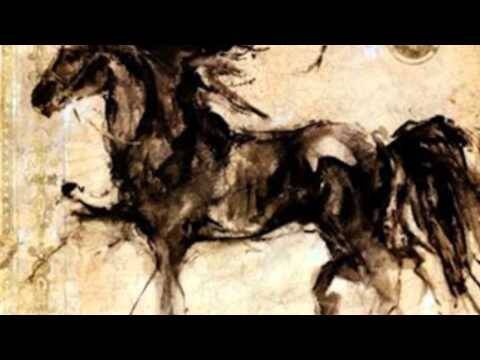Waiting is the hardest. Why? Because if you’re waiting, you know that something is coming. You’re not blissfully ignorant. Yet, if you’re waiting, you don’t truly know what is coming, what it will be like. That’s why waiting is so difficult, often worse than the moment itself. To be human is to wait. Our minds allow us to see something of what is coming. We know a little, but never enough.
The poem “Canción de Jinete” by Spain’s great Federico García Lorca captures the frightful burden, which the future can be. We don’t know who the horseman is, or what waits for him at Córdoba. Indeed, he only knows enough to fear, but on he rides, knowing that he will never reach the city.
Jesus is aware that his hour approaches. He knows that he will be thrown down. He is “troubled.” Waiting, he weaves, within his own heart, the meaning of what will come:
There is a grace in the waiting that must not be squandered. If God has created us as those who see ahead, whether in hope or fear, there is a purpose. While we wait, we must struggle to make sense of what lies in sight, to prepare ourselves for what is to come. In Evangelii Gaudium Pope Francis tells us that readied expectation stands at the core of the Christian faith. He contrasts space, in which we possess, with time, in which we hope.
The night before he died, Jesus told his disciples, “Watch and pray that you may not undergo the test. The spirit is willing, but the flesh is weak” (Mk 14: 38; Mt 26:41; Lk 22:46). Preparing one’s self for what would come imbued the very spirituality of Jesus. In the Lord’s Prayer, he taught his disciples to pray “lead us not into temptation but deliver us from evil (Mt 6:13; Lk 11:4).”
Put another way, the life of the disciple must be like that of the Lord: pondering the future, even in fear, yet prayerfully going forward.
In prayer, the Holy Spirit sanctifies time, heals the past and fortifies the future. It is the Holy Spirit who readies our hearts for what is to come.
Jeremiah 31: 31-34 Hebrews 5: 7-9 John 12: 20-33








